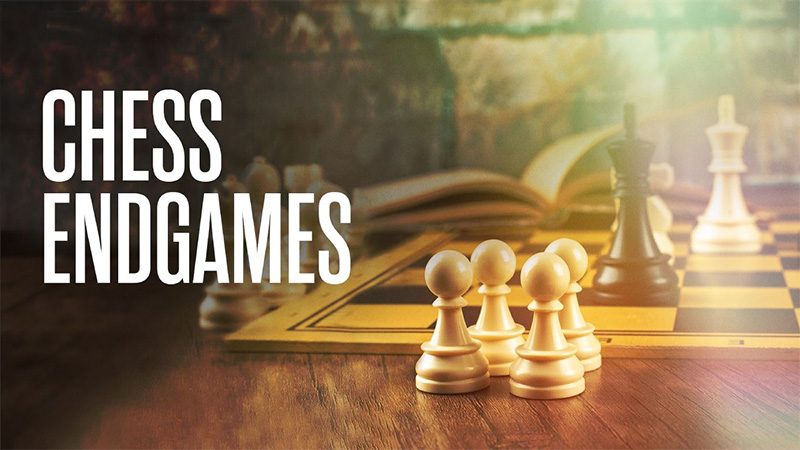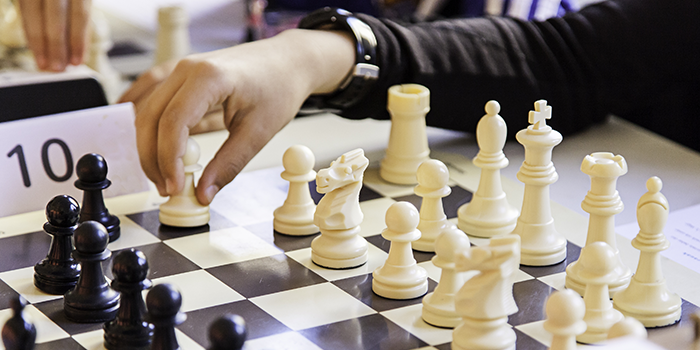Chess isn’t just a game; it’s an intricate dance of minds, strategies, and personalities. Every chess player possesses a unique style, approach, and mindset, shaping their chess personality. Let’s explore the diverse chess personalities and what sets them apart on the board.
The Attacker: The Dynamic Force
The Attacker thrives on aggressive play, launching daring attacks and seeking tactical fireworks. This chess personality revels in sacrificing pieces for aggressive positions and attacking the opponent’s king relentlessly, embracing risks for potential victories.
The Positional Player: The Strategic Architect
The Positional Player values structure, maneuvering pieces meticulously, and controlling the board’s key squares. This chess personality focuses on long-term advantages, patiently building up positions and aiming for gradual, strategic superiority.
The Tactician: The Sharp Mind
The Tactician is a master of tactics, spotting intricate combinations, forks, pins, and other tactical motifs with precision. This chess personality capitalizes on tactical opportunities, often turning the tide of a game through clever tactics.
The Endgame Maestro: The Finisher
The Endgame Maestro is a specialist in the final phase of the game, excelling in maneuvering kings and exploiting endgame patterns. This chess personality navigates the complexities of endgames, turning seemingly equal positions into wins through meticulous play.

The Universal Player: The Adaptable Mind
The Universal Player is versatile, adept at adapting strategies based on the game’s demands. This chess personality switches between attacking, positional, and tactical play, making them unpredictable and challenging to face.
Discovering Your Chess Personality:
Self-Reflection:
To understand your chess personality, reflect on your approach to the game. Do you prefer aggressive attacks, patient maneuvering, tactical finesse, endgame mastery, or adaptability?
Game Analysis:
Review your games and observe recurring patterns in your playstyle. Are you drawn to aggressive openings, gradual positional setups, sharp tactics, or precise endgame play?
Seeking Feedback:
Seek insights from peers or mentors. Their observations about your strengths and tendencies on the board can offer valuable insights into your chess personality.
Embracing Growth:
While you might resonate more with one chess personality, embracing diversity in your playstyle can lead to well-rounded skills and adaptability in different game situations.
Understanding your chess personality isn’t about confining yourself to a single style but recognizing your inclinations and leveraging them to enhance your game.
FAQs
Understanding your chess personality involves self-reflection on your approach to the game, analyzing your game history for recurring patterns, seeking feedback from peers or mentors, and observing your inclinations towards aggressive, positional, tactical, or endgame-focused play.
Yes, many players exhibit a blend of different chess personalities. While you might resonate more strongly with one style, being versatile and adaptable across different strategies can enhance your gameplay and make you a more well-rounded player.
Absolutely. As players gain experience, learn new strategies, and evolve their understanding of the game, their chess personality might undergo changes. Exposure to diverse playing styles, continued learning, and growth can influence one’s preferred approach to chess.
While recognizing your inclinations is beneficial, it’s not mandatory to confine yourself to a single chess personality. Embracing versatility allows you to adapt to various game scenarios, making you a more adaptable and challenging opponent.
Absolutely. Understanding your chess personality can provide insights into your strengths and weaknesses on the board. Leveraging this knowledge allows you to capitalize on your strengths and work on areas that might need improvement, enhancing your overall gameplay.
If you are interested in learning more about Summit School of Chess, please visit our website at https://summitschoolofchess.com/.
Learn more @ Chess School
Special Chess Lessons for Beginners
Chess Tournaments for Kids, Chess Tournaments Near Me
Chess Camps

